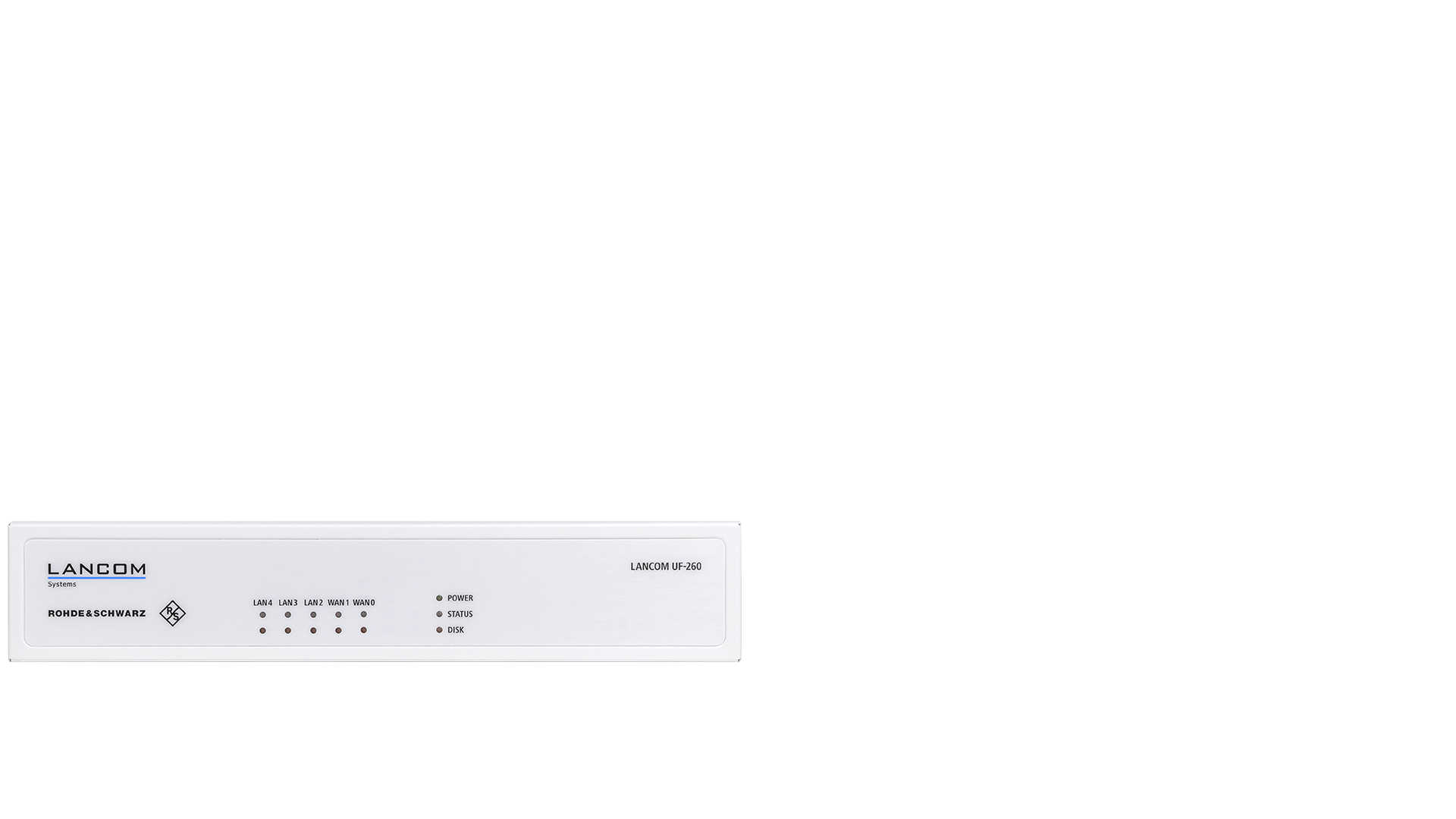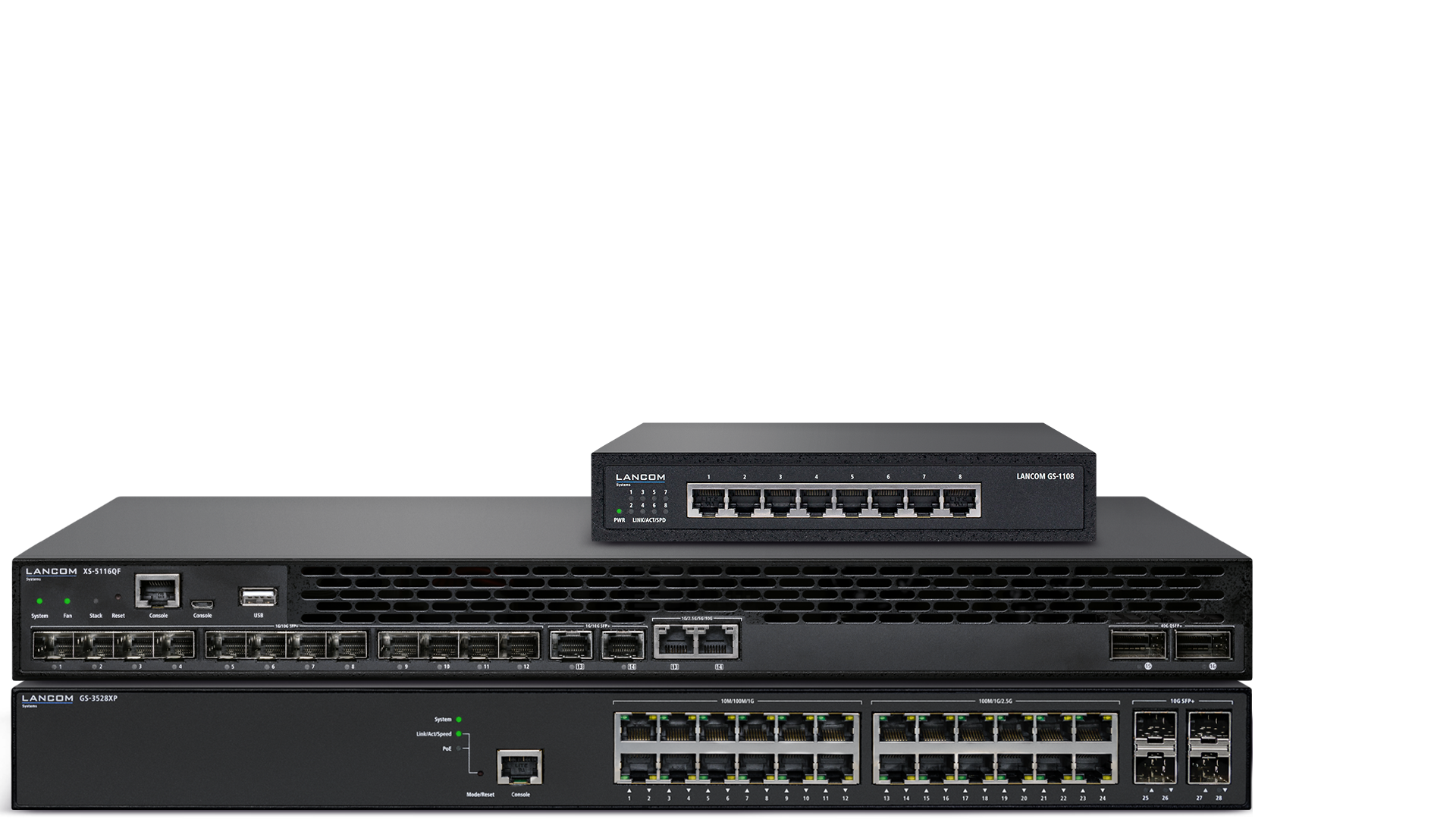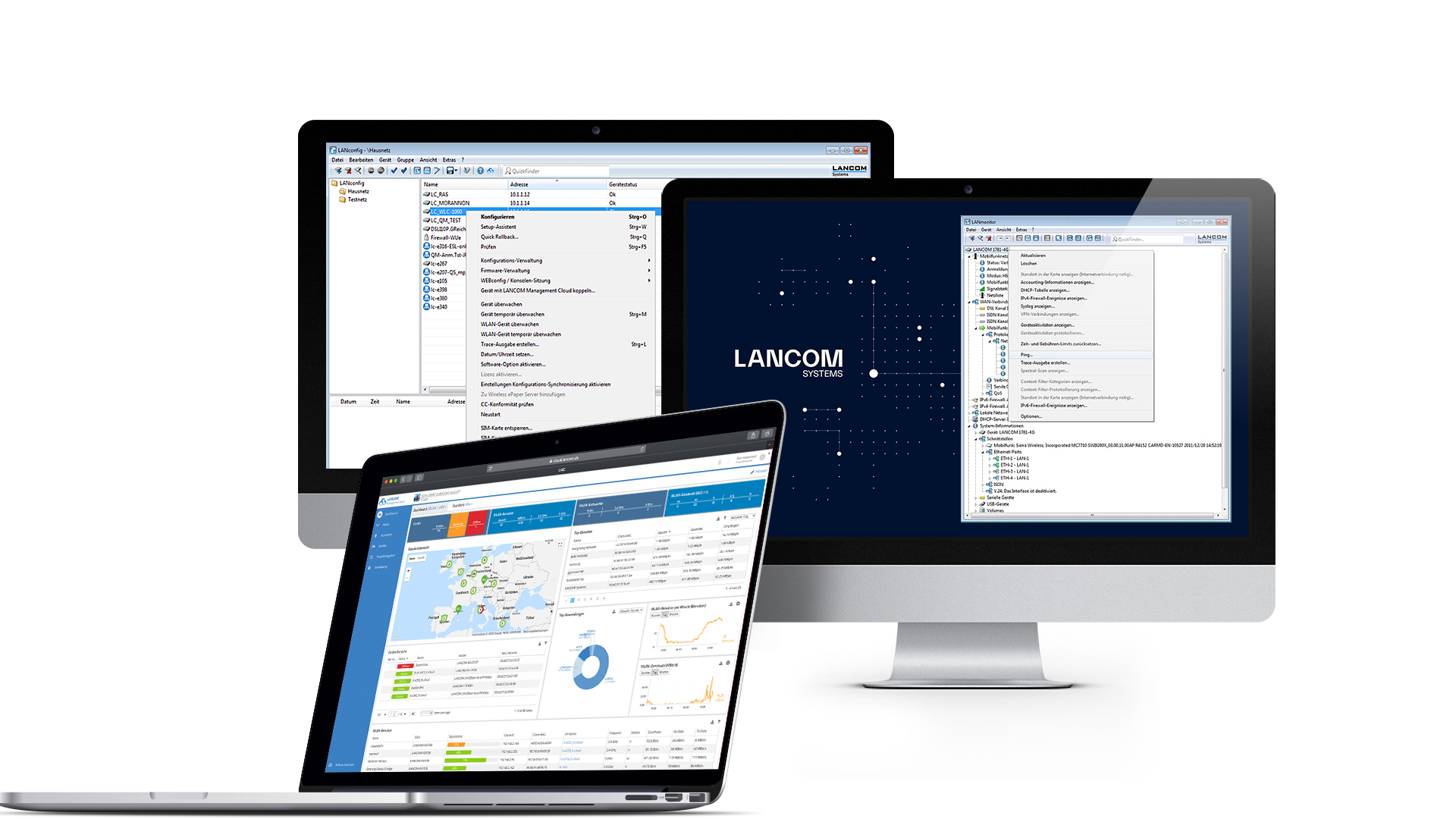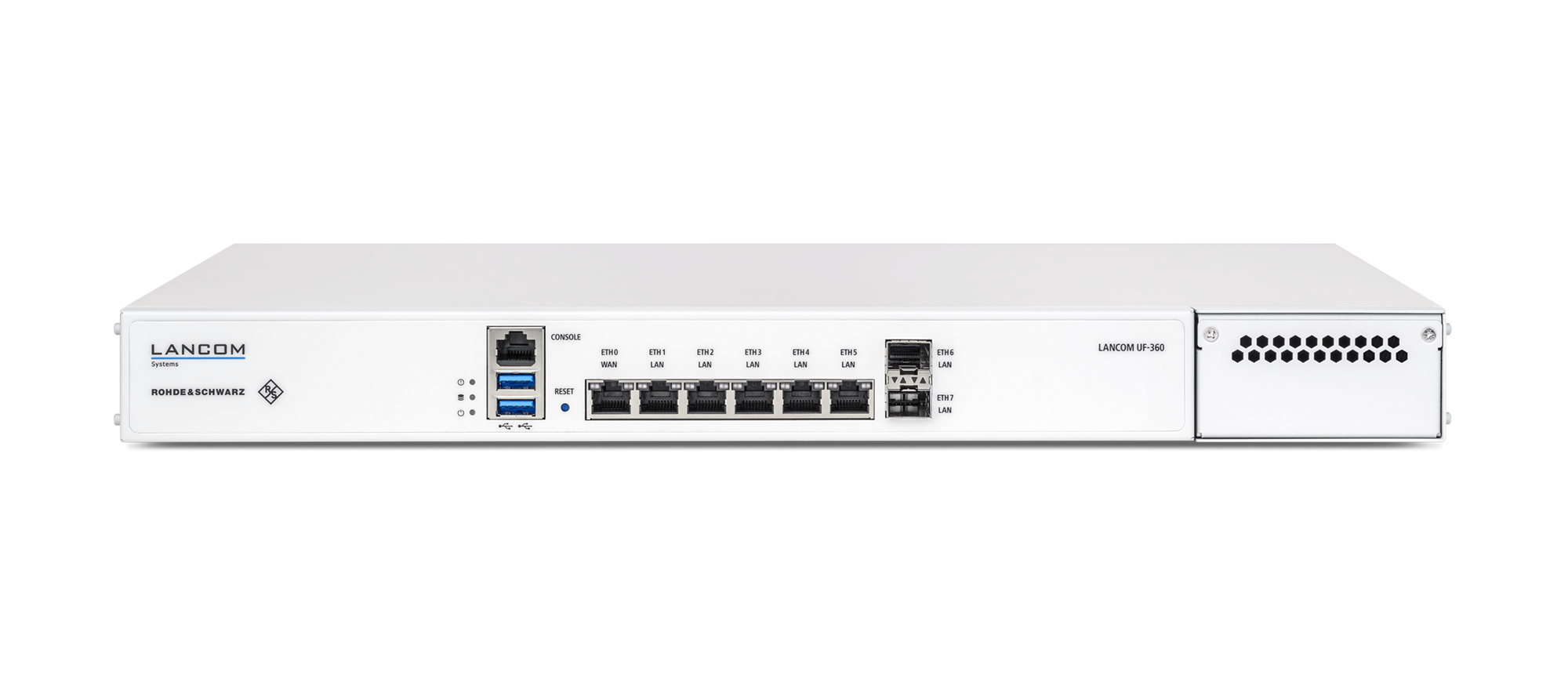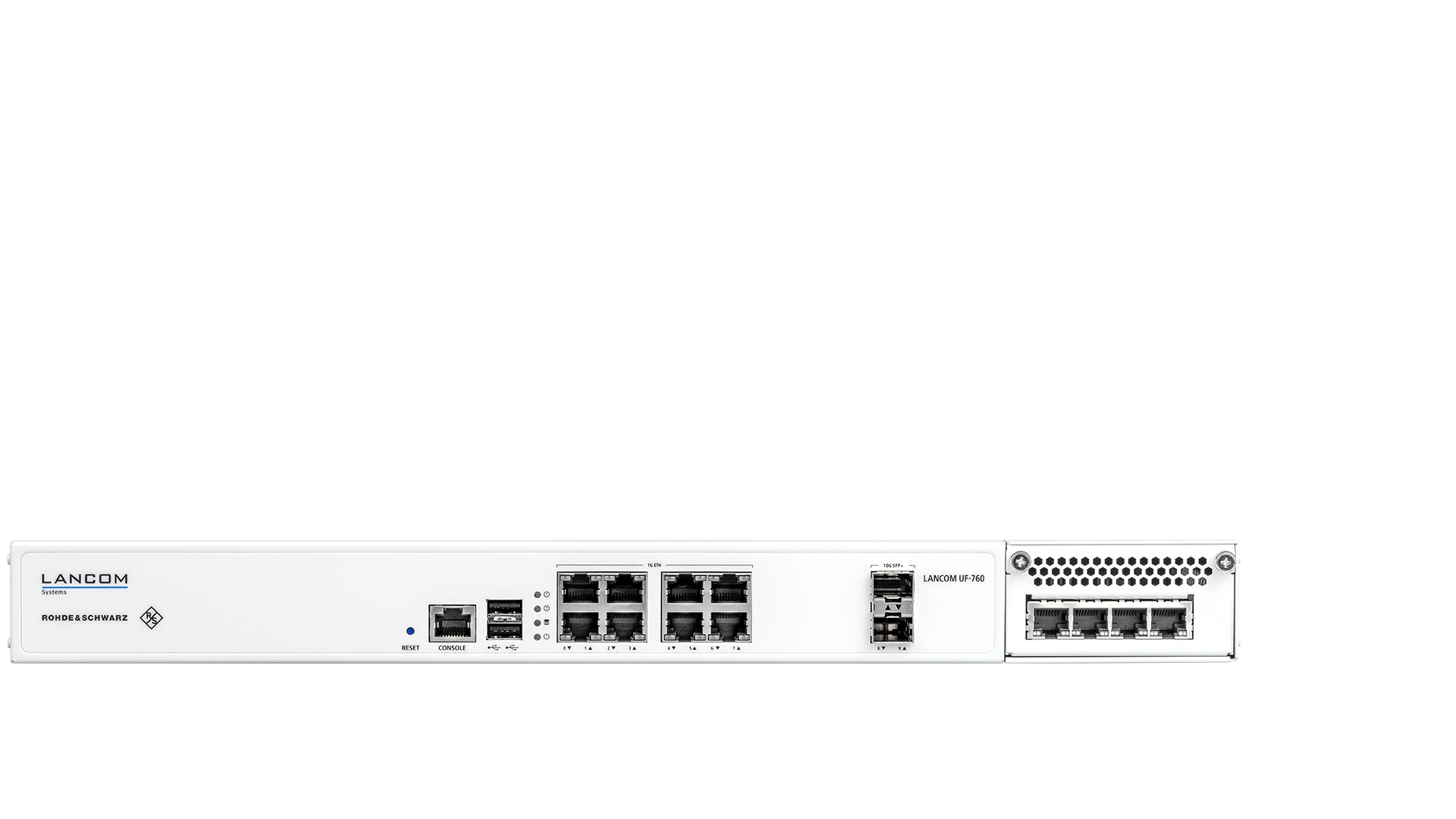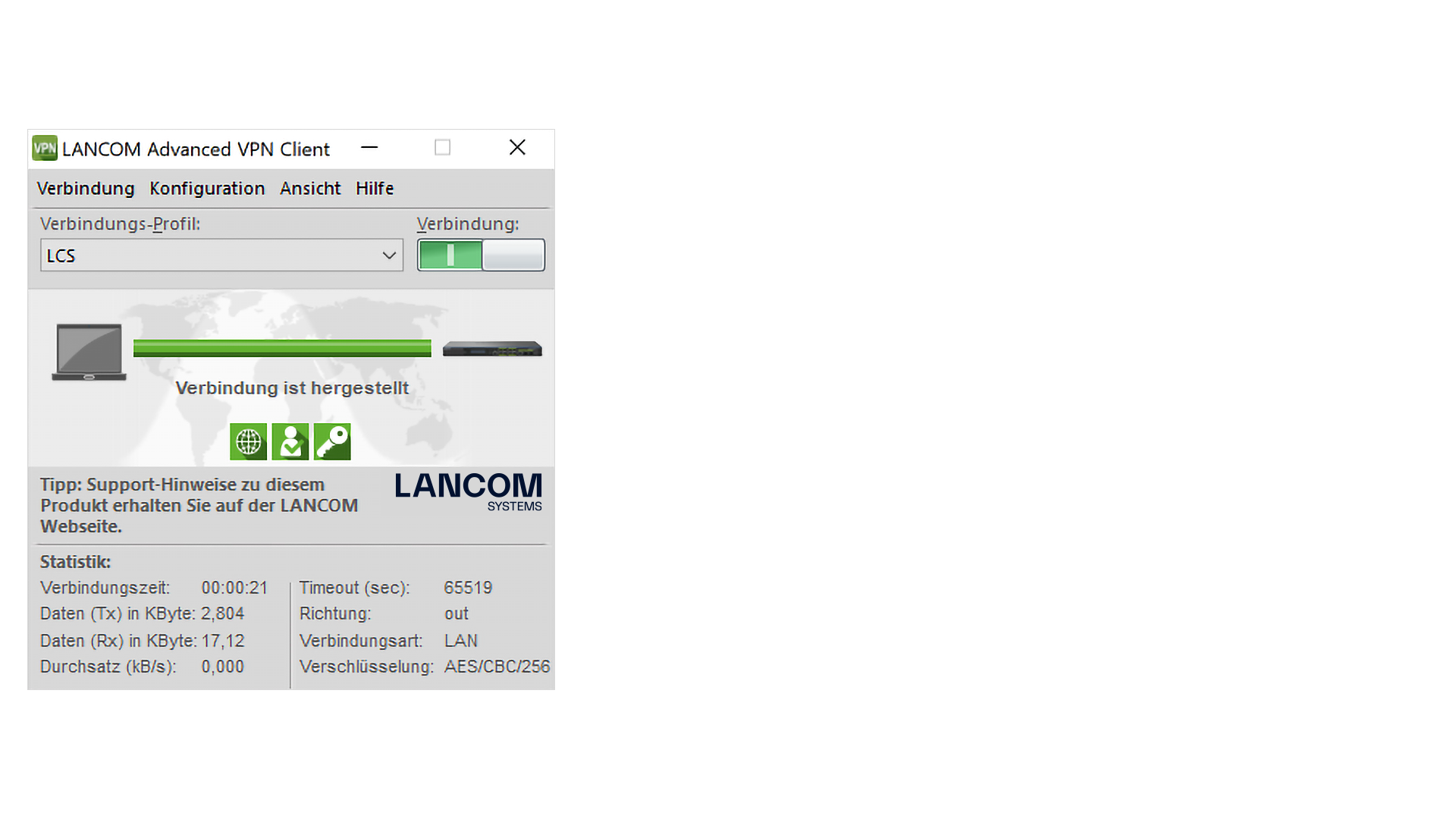Healthcare
Secure networking of medical and therapy practices
Digital health and care applications, apps for coordinating appointments, and electronic documents such as the electronic health record and e-prescription make everyday work easier for doctors, therapists, and patients. Practices need to connect with other health institutions, but this requires a high level of cyber security for their own IT infrastructure – and practice owners often lack the time and expertise to do this. In order to securely digitalize and further develop practice processes, a modern, highly secure IT network is needed that can be maintained and serviced externally and remotely.
Digital cooperation of pharmacies and group practices
Healthcare-specific facilities that are distributed across multiple sites or participants particularly benefit from the communication and automation advantages of digital cooperation in clusters. With a well-secured and high-performance IT network with all-round service and remote management, for example, carefree digital logistics chains can be used for orders, supporting sensor technology and automatisms – e.g. for linking resource consumption and reordering – as well as electronic documents such as the e-prescription. This ensures secure, highly efficient collaboration and maximum transparency across all supply steps.
Joined forces in digital health network
In a joined digital health network, different specialist personnel share not only medical equipment and premises, but also an IT network. To provide multiple telematics and telemedicine workstations responsibly and reliably, an IT infrastructure secured by a high-end firewall and high-performance Wi-Fi coverage are required. This creates the right technical basis for regional healthcare networks to provide supraregional care.
(Process optimization and) digital value creation in inpatient facilities
As part of critical infrastructures, clinics and hospitals are increasingly being targeted by cybercriminals – and their business continuity is of particular importance. This makes it all the more urgent to secure the hospital network against data theft and sabotage. Digitalization benefits such as process-optimizing telemedicine and eHealth applications and improved referral management can be used with confidence and lead to increased time savings, efficiency, and treatment quality.
Efficiently digitalized outpatient care
Outpatient services in nursing and geriatric care are dependent on correct, up-to-date, and well-coordinated data from primary care physicians, pharmacies, and inpatient facilities so that medication and therapy can be provided optimally. Stable and secure networking with other healthcare providers is therefore indispensable and required by law. Due to the high mobility of employees, a high degree of flexibility, and secure remote access to the company network via VPN also play an important role.

